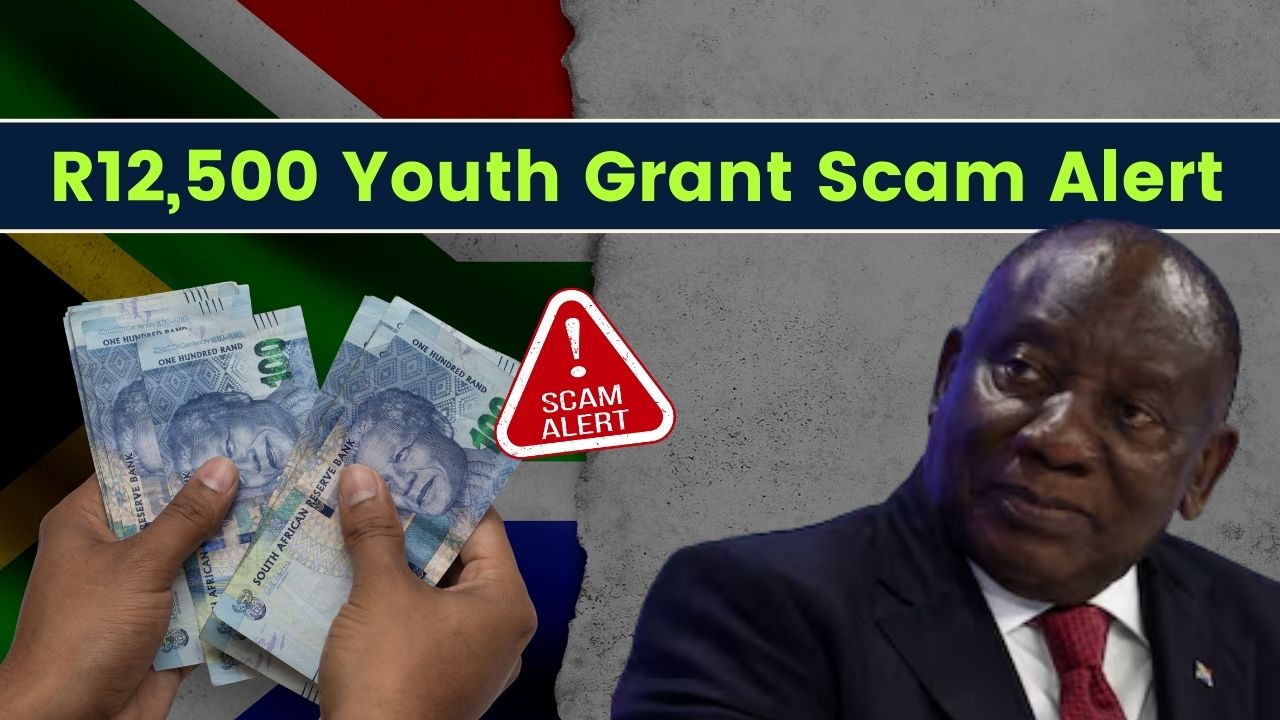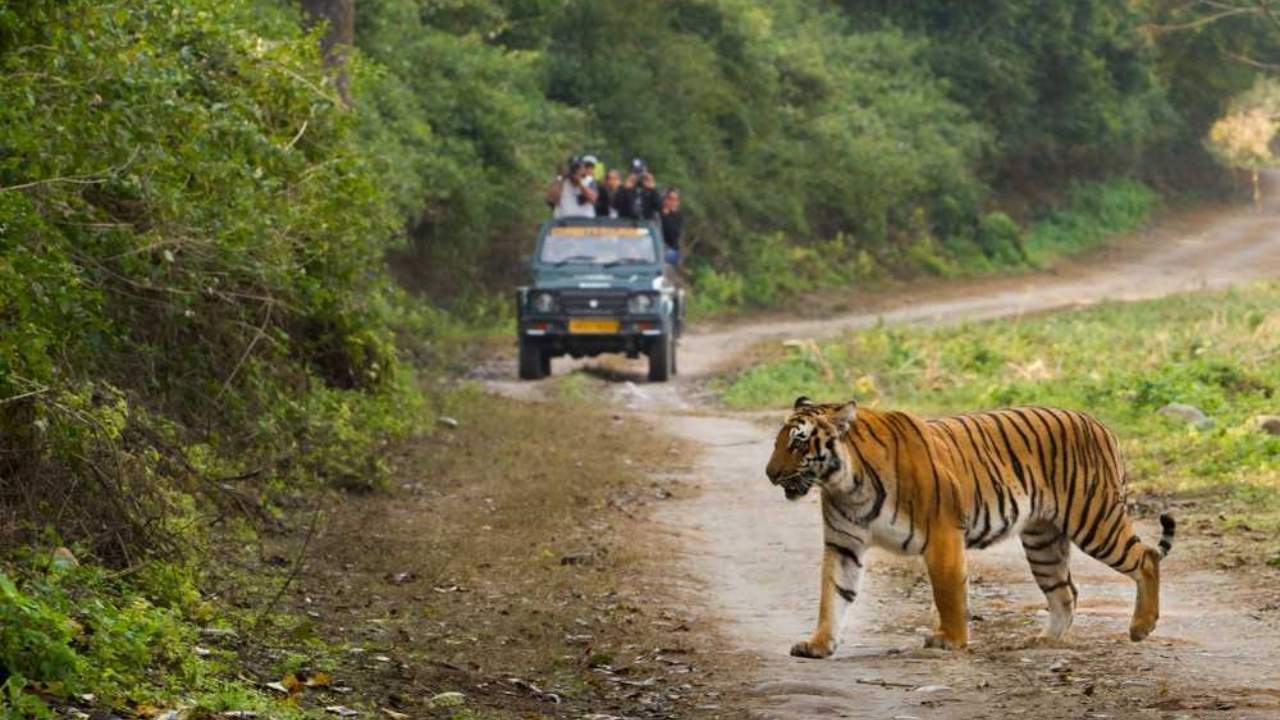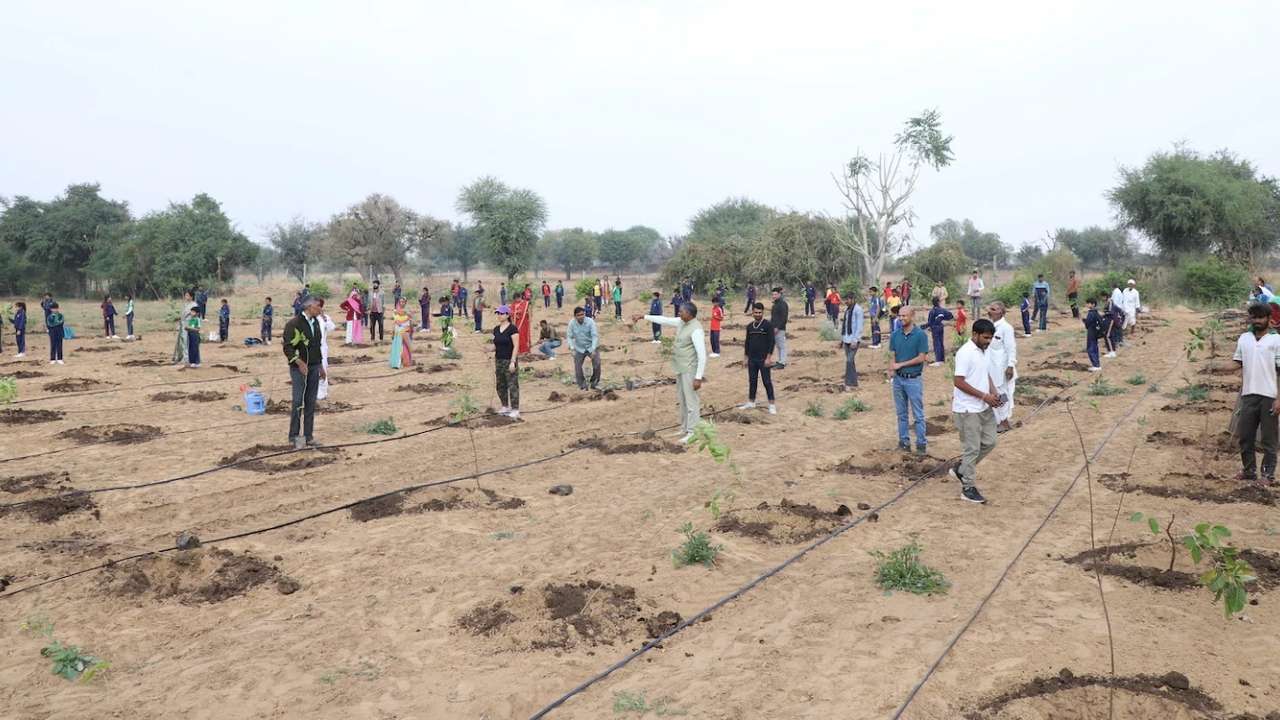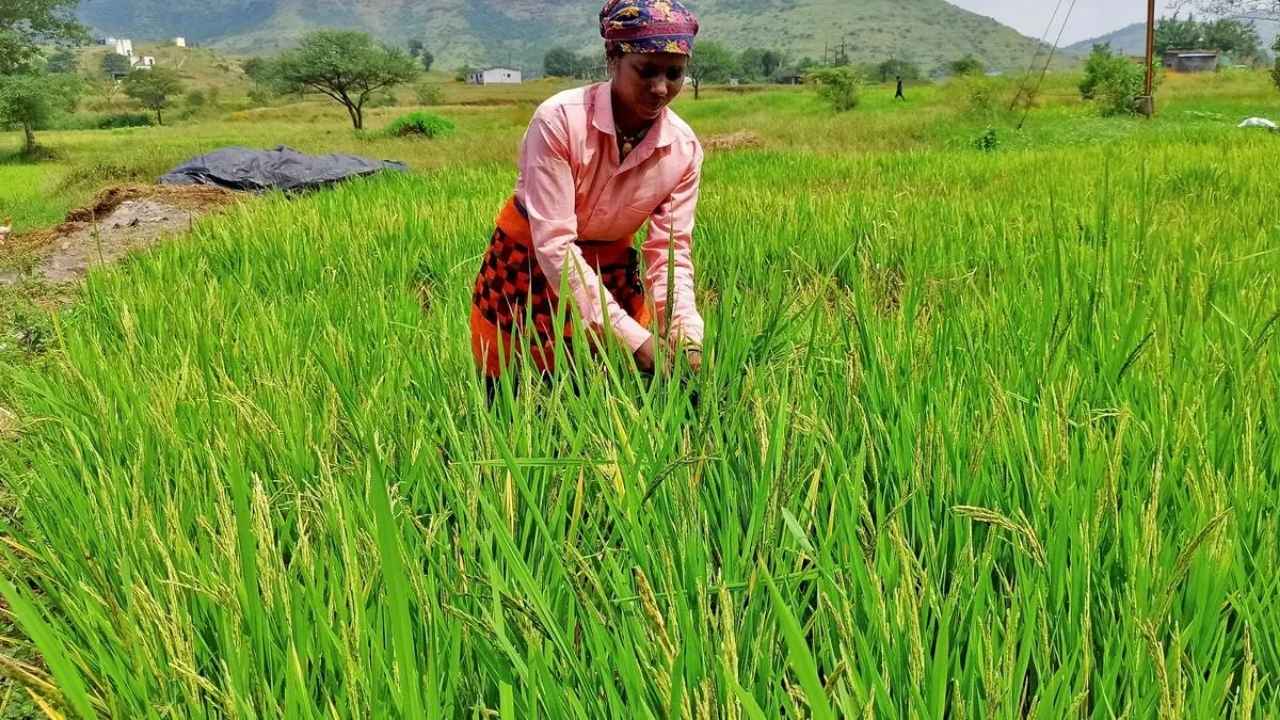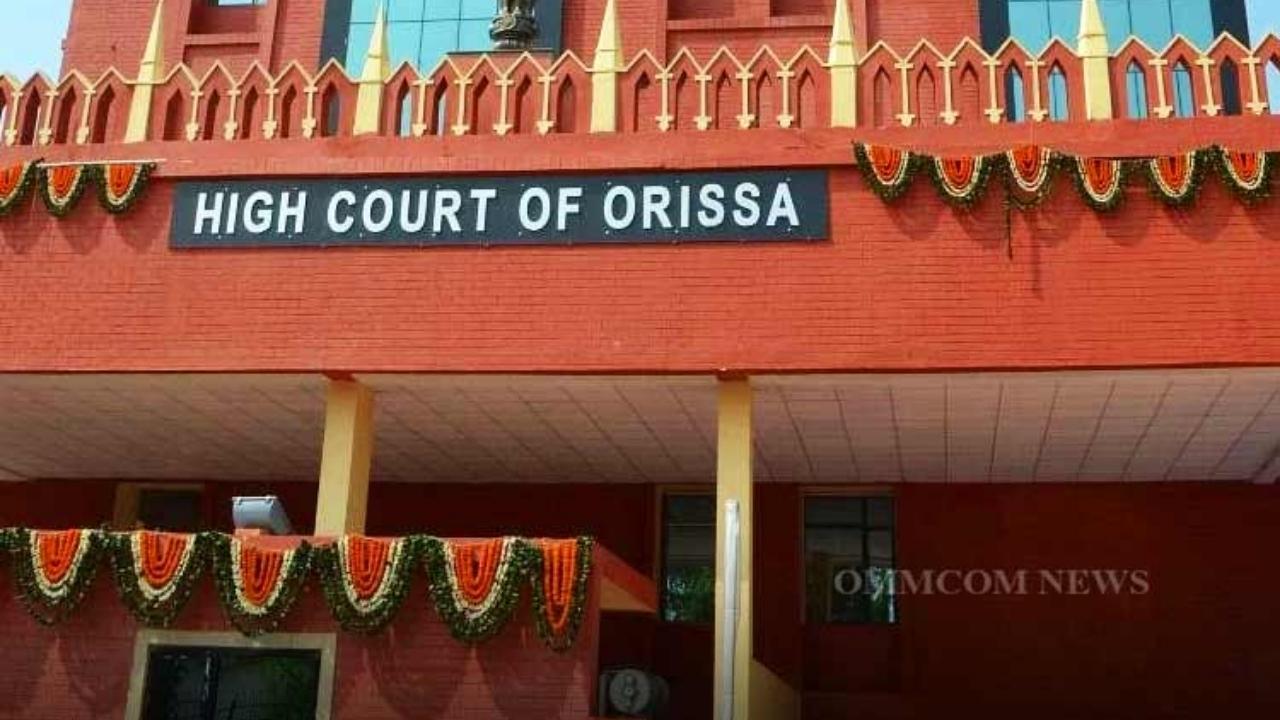In August 2025, social media buzzed with news about a new R12,500 youth grant supposedly offered by the National Youth Development Agency (NYDA) and the South African Social Security Agency (SASSA). This story sparked excitement, hope, and plans among many young South Africans facing the challenge of high unemployment. But soon after, these government agencies issued strong warnings confirming that the grant does not exist and that circulating information about it is false.
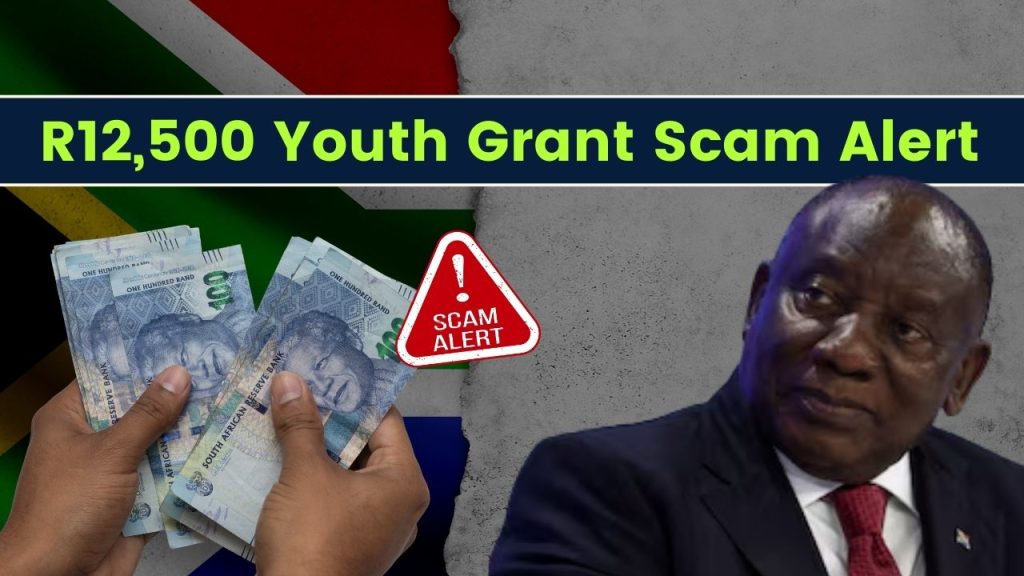
This article explains everything you need to know about the R12,500 youth grant scam, how to identify fake news, and where to find official, trustworthy information about government grants and youth support programs.
R12,500 Youth Grant Scam Alert
| Topic | Details |
|---|---|
| Grant Amount | R12,500 (claimed but not real) |
| Claiming Agencies | NYDA and SASSA (both deny involvement) |
| Target Group | Unemployed youth aged 18 to 35 (claimed) |
| Official Status | Confirmed fake news by NYDA and SASSA |
| Youth Unemployment Rate | Approximately 46.5% in South Africa (2025 data) |
| Poverty Rate | Approximately 55.5% in South Africa (2025 data) |
| Official Websites | SASSA, NYDA |
| Scam Warning | Do not pay any money or share personal details for this alleged grant |
| Verification Advice | Check government websites, verified social media before trusting such offers |
The viral news of an R12,500 youth grant from NYDA and SASSA in 2025 is a scam. Both agencies have clearly denounced this offer as false and urge the public to rely on official sources for any grant-related news. In a country where nearly half of the youth population struggles with unemployment, false hope through scams can cause hurt and financial harm.
Stay informed, verify all news about financial aid, and protect your personal details. Real government support exists and is meant to empower young South Africans sustainably through verified programs.
What Is the R12,500 Youth Grant Scam?
In mid-August 2025, videos and posts went viral on platforms like TikTok claiming that the government, through NYDA and SASSA, was launching a one-time R12,500 grant to support unemployed youth in South Africa. The funds were said to be aimed at helping young people start businesses, enroll in training, or contribute to community projects.
The promise sounded promising, especially amidst South Africa’s struggle with persistently high youth unemployment—estimated at around 46.5% as of 2025—and a poverty rate of roughly 55.5%. Many young people were hopeful this grant could provide much-needed financial relief.
However, the National Youth Development Agency quickly issued a statement on its official channels making clear, “We are not offering any once-off R12,500 Youth Grant.” Similarly, SASSA warned its beneficiaries against the false and misleading information. Neither agency has announced or planned such a grant.
Why Is This Scam Dangerous?
While it might seem tempting to believe in such a grant, fake offers like this put individuals at risk of fraud, identity theft, and exploitation. Criminals often use enticing scams to trick people into paying fees, sharing personal documents, or falling for phishing attempts, claiming to help with government assistance applications.
Here are some key risks of falling for the R12,500 youth grant scam:
- Request for Payment: Scammers may ask for money to process your “application”—official government grants are always free to apply for.
- Personal Data Theft: You could be asked to submit sensitive information (ID numbers, bank details) that can be misused.
- False Hope: Promises of a grant that doesn’t exist can create stress and disappointment.
- Spreading Misinformation: Sharing unverified content makes it harder for others to know what is true.
How to Identify and Avoid Government Grant Scams
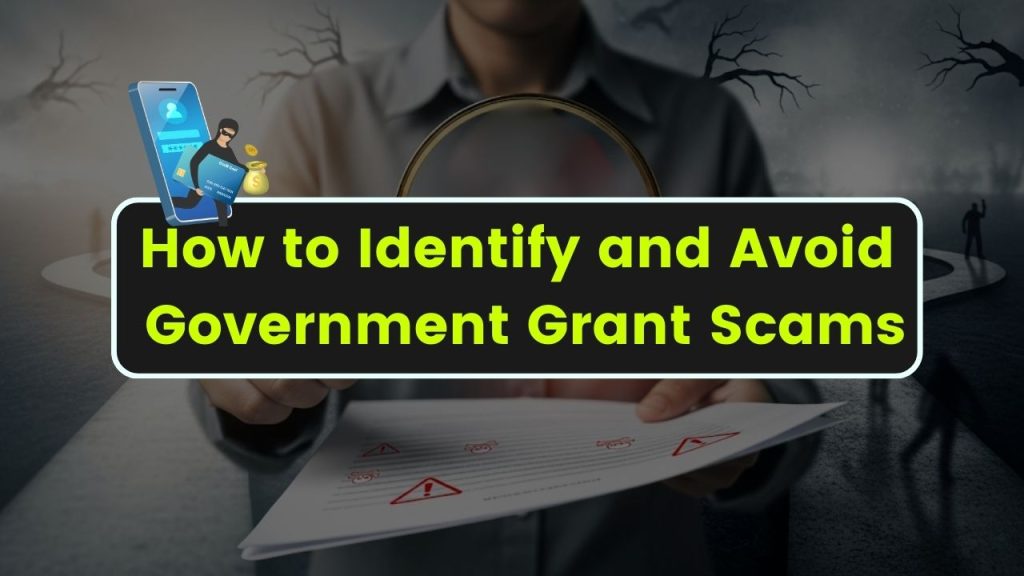
To stay safe from scams like the R12,500 youth grant hoax, use these practical tips:
- Always Verify Information with Official Sources
Before acting on any news about grants or financial support, check:
- The official government websites such as SASSA and NYDA.
- Verified social media accounts of these agencies (look for the blue checkmark on Facebook, Twitter/X, Instagram).
- Official government portals ending with “.gov.za” for online applications.
- Beware of Requests for Money or Fees
- Legitimate government grants do not require payment upfront.
- Never pay for “guaranteed” grant approval or consulting services from unofficial agents.
- Protect Your Personal Information
- Do not share your ID number, bank details, or other personal data with unknown or unverified parties.
- If an offer sounds too good to be true, be extra cautious.
- Check for Clear Details and Contact Info
- Scam messages often have vague details, suspicious email addresses, or phone numbers.
- Genuine government communication comes with clear contact details and reference to official programs.
- Report Suspicious Activity
- Report suspected scams to local law enforcement or consumer protection agencies.
- Inform the relevant government agency—SASSA and NYDA provide channels for reporting scams.
Youth Employment and Support: The Real Context in South Africa
The R12,500 youth grant rumor emerged in a very challenging economic environment for young South Africans. Youth unemployment has remained stubbornly high, contributing to poverty and social challenges.
Youth Unemployment and Poverty Statistics (2025)
- Youth Unemployment Rate: 46.5%
- National Poverty Rate: 55.5%
Government agencies continue to work on programs aimed at skills development, entrepreneurship support, and social grants such as the Social Relief of Distress (SRD) grant.
Legitimate Support Available
- NYDA Programs: Various programs supporting young entrepreneurs and job seekers (accessible through their official ERP portal at https://erp.nyda.gov.za/).
- SASSA Grants: Including SRD and other social assistance for qualifying individuals.
- Training Opportunities: Vocational and entrepreneurial training supported by government and NGOs.
While these programs do not include the R12,500 grant advertised online, they do offer important help for youth aiming to build skills or find employment.
What to Do If You See the R12,500 Youth Grant Advertised
If you encounter posts or messages about the R12,500 youth grant:
- Do not click on suspicious links.
- Do not provide personal information to unofficial sources.
- Confirm the news on official agency websites.
- Inform friends and family that the grant is not real.
- Report scam content on social media platforms.
SASSA Quietly Raises Asset and Means Test Limits for 2025 — See What’s Changed
Exact SASSA Payment Dates for August 2025 Finally Released: What You Need to Know
SASSA Cuts Off 69 Grant Recipients After Shocking Income Review: What You Need to Know
FAQs About R12,500 Youth Grant Scam Alert
Is the R12,500 Youth Grant real?
No. Both the National Youth Development Agency (NYDA) and the South African Social Security Agency (SASSA) have confirmed the grant is fake.
Can I apply for this grant anywhere?
No. There is currently no official application process for such a grant. Any website, social media page, or person claiming to offer it is not legitimate.
How can I find real government grants or support?
Use the official websites SASSA and NYDA. These sites detail legitimate programs and support options.
What should I do if I’ve shared my personal information with a scammer?
Contact your bank immediately to secure your accounts and report the incident to your local police. Also notify SASSA or NYDA if relevant.
Are there any youth grants offered by the government?
Yes, but the programs are carefully announced through official channels, and applications are free with strict eligibility requirements.

